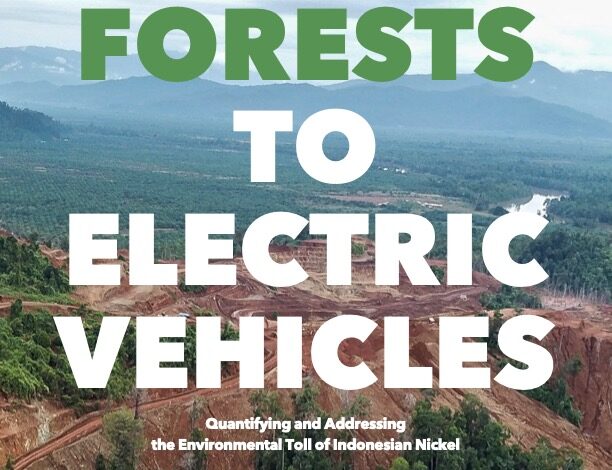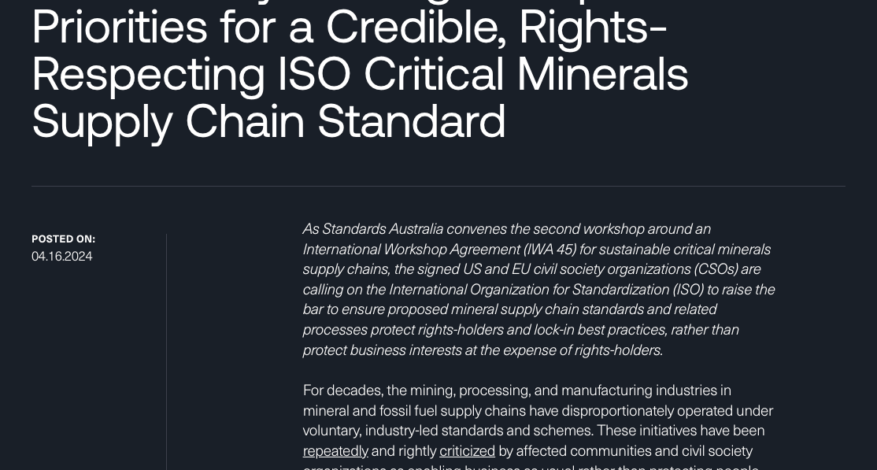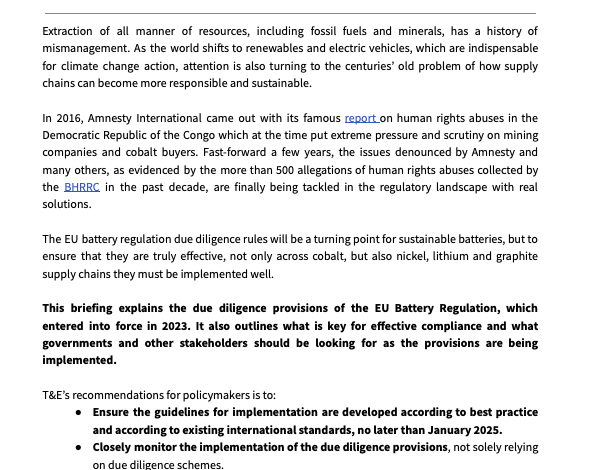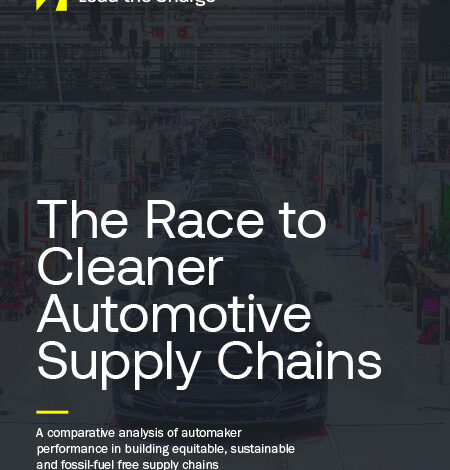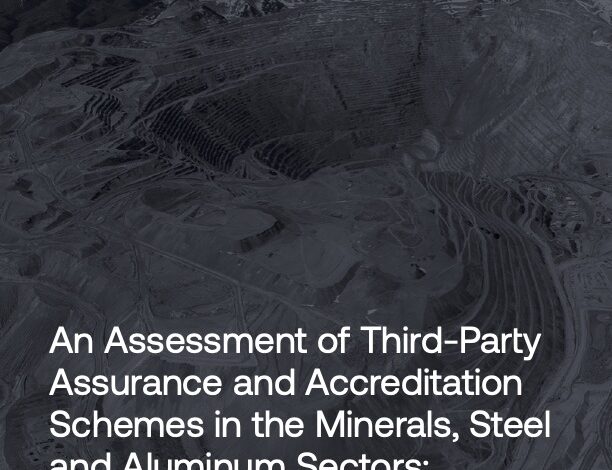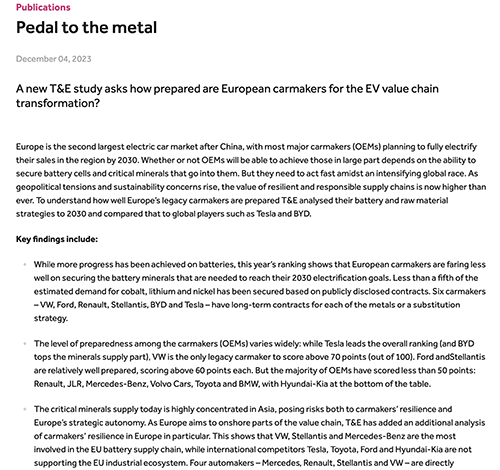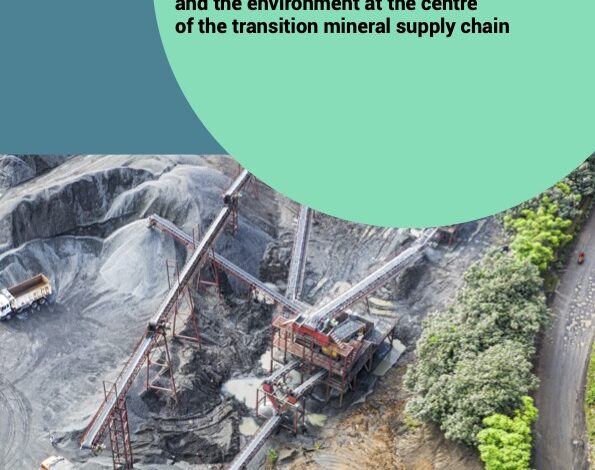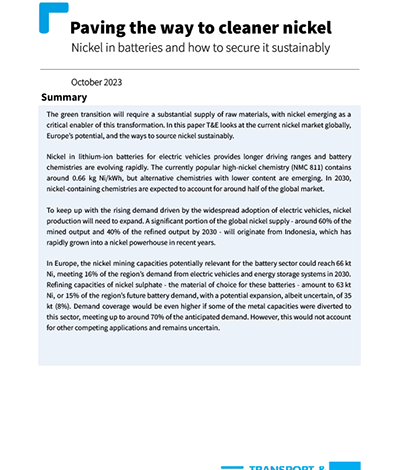39 civil society organizations
submitted a letter in response to a “Request for Comments on Promoting Supply Chain Resilience” by the United States Trade Representative.”
The letter requests the USTR to “ensure that critical minerals operations meet all standards set in the Indigenous Peoples and Free, Prior and Informed Consent chapter of IRMA.” The letter also calls on the USTR to require the IRMA Occupational Health. & Safety chapter, as well as “all environmental responsibility and other related standards set in IRMA.”


